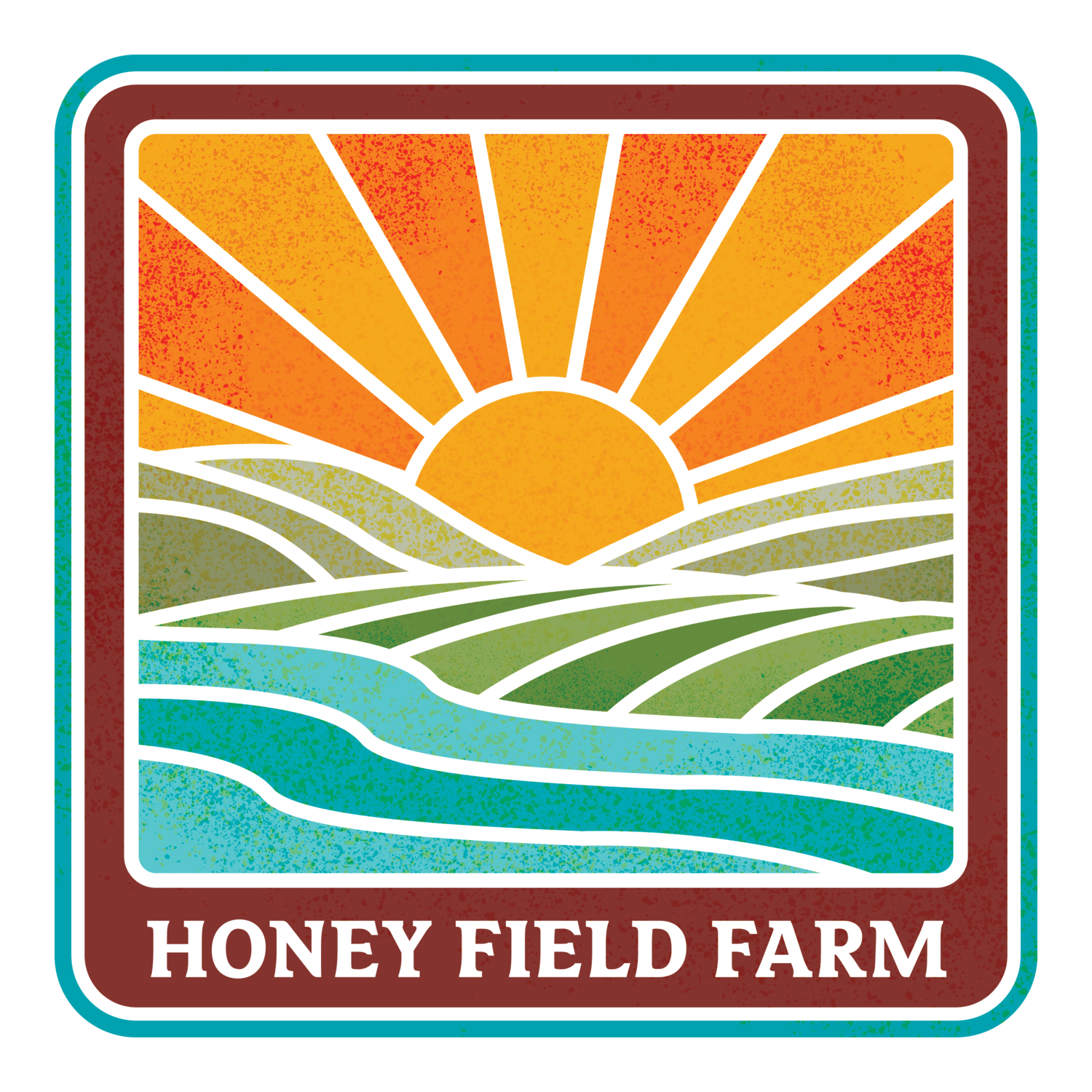
Land and Labor Acknowledgement
Honey Field Farm is located on the unceded lands of the Abenaki people in the settler state of Norwich, Vermont. We recognize the inherent sovereignty of the tribes of the Wabanaki—the People of the Dawn—and we support their continued work for justice, self-determination and decolonization.
The ongoing violence of settler colonialism, white supremacy, and the exploitative practices of European colonizers are directly responsible for the displacement of the native peoples, plants, and animals who have formed the foundation of local food webs.
We respectfully acknowledge this country’s collective debt to the enslaved people, primarily of African descent, whose generations of suffering and stolen labor built the economy and infrastructure of a nation that refuses to recognize their humanity.
As farmers in the imperial core, we lament the oppression that undergirds our food systems and forces migrant laborers into unfavorable and often dangerous situations. We commit to working toward a just transition away from exploitative and extractive systems and towards a collective, equitable, and sustainable future.
What does it mean to build and rebuild reciprocal relationships with people, plants, fungi, soil, water, and air? Whose perspectives and needs are marginalized in a place with the demographics of the Upper Valley? Reestablishing resilient ecosystems and communities in which all forms of life can thrive is but one piece of deconstructing a colonial legacy.
As we do our work at Honey Field, we are clear: This knowledge and information did not start, nor will it end, with us. The resources we share are gathered from many teachers, both human and nonhuman.
We encourage you to learn more about the historical and present-day relationships of Black and Indigenous communities to the places you live (native-land.ca), and to join us in supporting Black and Indigenous-led efforts to protect the land, water, plants, and creatures among us.
This land and labor acknowledgment is a living document largely inspired by that of Wild Seed Project.

